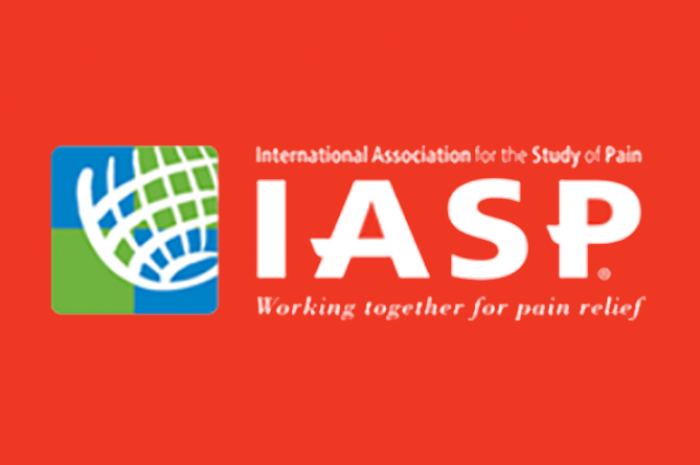How Do Expectations Influence Treatment Outcome?
Patients’ expectations are important modulators of pain and analgesic treatment outcomes. As best illustrated in experimental and clinical placebo studies, an individual’s expectation can substantially shape the perception and neural processing of acute and chronic pain. Treatment expectation is not only the key determinant of placebo analgesia, but is also increasingly recognized to modulate the efficacy and tolerability of pharmacological and non-pharmacological treatments for pain and other acute and chronic conditions.
Recent insights into the psychological and neurobiological mechanisms underlying the clinically relevant effects of treatment expectations call for their systematic integration and utilization into standard treatment regiments. Such strategy promises to optimize analgesic treatment outcomes and to prevent or reduce the burden of unwanted side effects and misuse of analgesics, particularly of opioids. In this lecture Prof. Ulrike Bingel highlights current concepts, recent achievements but also challenges and key open research questions that need be addressed to improve (analgesic) treatment outcomes in a personalized manner and to use our knowledge to inform the designing and outcome interpretation of clinical trials.
Learning objective 1 :
be aware of the impact of expectation on (analgesic) treatment outcomes.
Learning objective 2 :
define key psychological and neurobiological mechanisms underlyind expectation effects.
Learning objective 3 :
outline implications for clinical routine and clinical trials as well as key-open questions and challenges.
---------------------------------------------------------------------
If you are interested in the above exciting topic, watch the full lecture of Prof. Ulrike Bingel on June 16th at 10:30 a.m. EST at IASP 2021 VIRTUAL WORLD CONGRESS ON PAIN.
The full program of the event can be viewed here.
To view the above lecture or the full program, you must register here.
